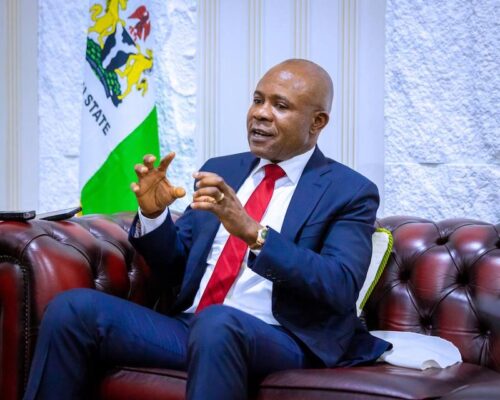The Special Seats Bill, which has gained strong support from civil society groups and women-led coalitions, is approaching its third reading in the National Assembly this month. If passed, it will move to the 36 State Houses of Assembly, where at least two-thirds approval is needed before it can be presented to President Bola Ahmed Tinubu for assent. Backing from key leaders such as Senate President Godswill Akpabio and House Speaker Tajudeen Abbas has boosted confidence, but many remain cautious given that a similar proposal in the 9th Assembly (2022) failed despite wide support. That earlier setback continues to cast a shadow over current efforts.
Nigeria’s political system remains overwhelmingly male-dominated. Out of 469 federal lawmakers, only 19 are women, representing a meager four percent. The situation is even worse at the state level, where 15 states have no female legislators at all. Such figures reflect a troubling gender imbalance that has persisted for decades. Internationally, Nigeria ranks 178th out of 182 countries in women’s representation according to the Inter-Parliamentary Union (IPU), placing it at the bottom in Africa, a position that contradicts its self-image as the Giant of Africa.
Opponents of the Special Seats Bill claim that reserving seats for women discriminates against men, but supporters argue that the bill seeks not to grant unfair privilege but to correct structural inequalities entrenched in the political system. The proposal would create one additional Senate seat per state and the FCT, one extra House of Representatives seat per state and the FCT, and three extra seats per state assembly, all reserved for women. Importantly, it includes a 16-year review clause to evaluate its impact, making it a temporary measure aimed at promoting fairness and balance rather than a permanent change.
Several African nations, including Rwanda, Uganda, and Kenya, have adopted similar gender quota systems with remarkable outcomes. Rwanda, for instance, leads the world in female parliamentary representation, proving that deliberate policy interventions can drive social transformation. Nigeria can learn from these examples. Arguments that only merit should determine political positions ignore the systemic barriers that hinder women’s participation. Moreover, suggesting that women should simply “vote for women” disregards the male-dominated party structures that largely decide who gets nominated in the first place.
Ultimately, this bill goes beyond increasing numbers; it is about representation, equity, and national progress. Women bring critical perspectives to governance, especially on issues like healthcare, education, child welfare, and gender-based violence. Their inclusion enriches policymaking and strengthens democracy. The 10th Assembly, therefore, must act decisively. Passing the Special Seats Bill would demonstrate that Nigeria is ready to move from rhetoric to reality in achieving inclusive governance and gender justice. It is an opportunity to correct a long-standing imbalance and inspire future generations of Nigerian women to take their rightful place in leadership.







